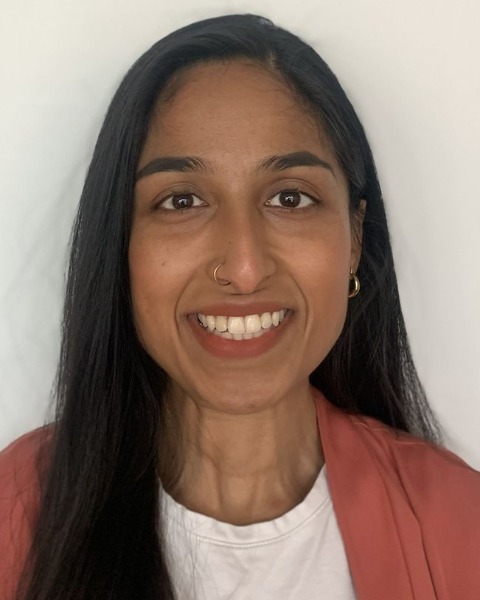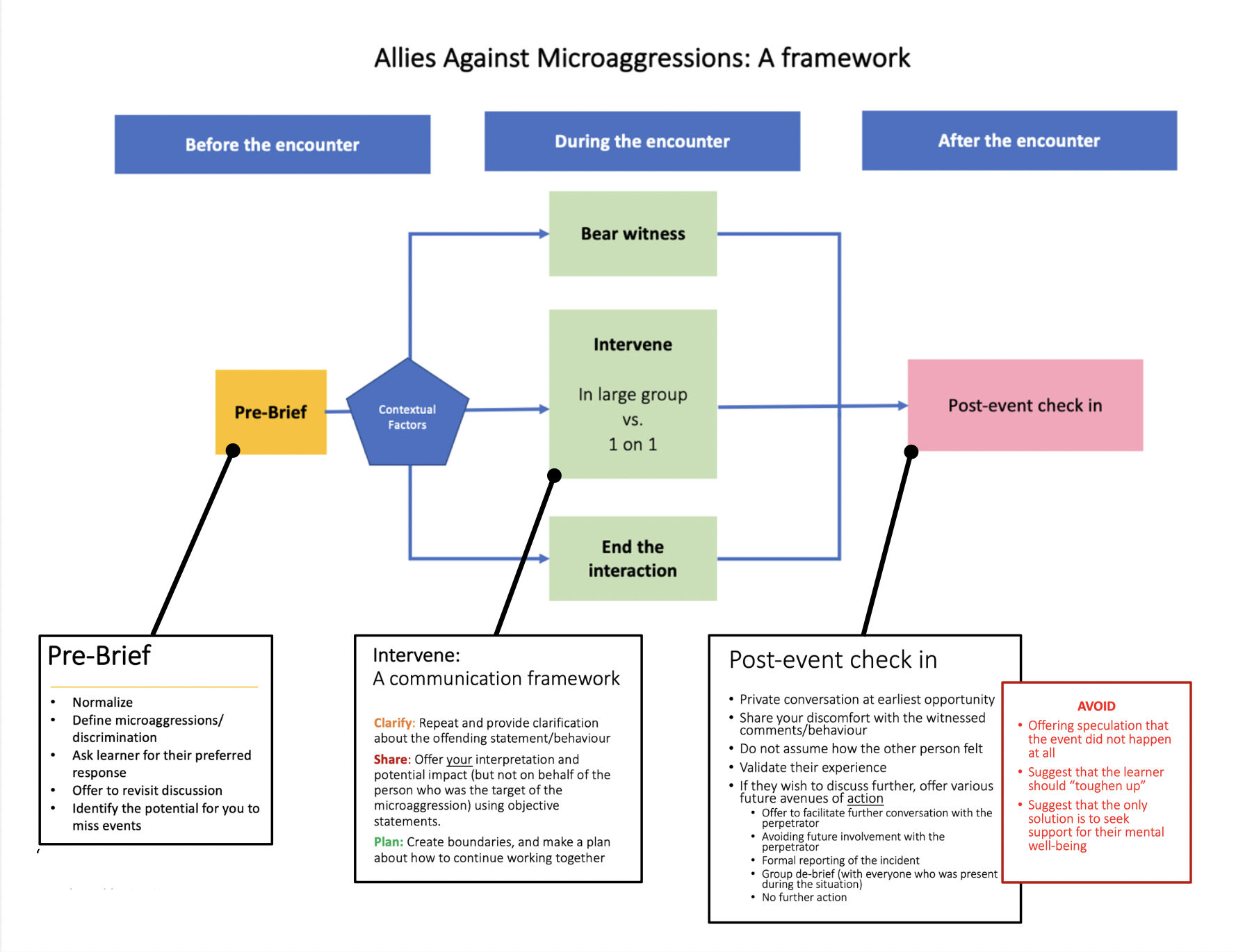Medical Education
Session: Medical Education 9
500 - Allies Against Microaggressions: A role-play communication skills workshop to train faculty on addressing microaggressions
Monday, May 6, 2024
9:30 AM - 11:30 AM ET
Poster Number: 500
Publication Number: 500.2727
Publication Number: 500.2727

Yasmeen Mansoor, MD, FRCPC (she/her/hers)
Nephrology Fellow
The Hospital for Sick Children
Toronto, Ontario, Canada
Presenting Author(s)
Background: There is growing attention towards the negative impact of microaggressions in the medical learning environment. Faculty members are influential bystanders who, by tactfully responding to microaggressions, can role-model the creation of inclusive spaces. Although there is no “one-size fits all” approach to microaggression response, limited formal training exists to navigate these nuanced situations. Simulated role-play can be an engaging and novel method to train faculty members about how to address microaggressions.
Objective: To assess the efficacy of a role-play communication workshop in training faculty on recognizing and addressing microaggressions experienced by learners.
Design/Methods: The workshop was developed based on a literature review of existing microaggression response frameworks, consultation with key informants, and a pilot workshop with pediatric residents. The workshop consisted of a 15 minute didactic session and a 30 minute role-play component both delivered virtually. The didactic portion provided a communication framework (Figure 1) for how to respond to microaggressions with a video demonstration. The role play session occurred in interactive breakout groups consisting of 3 faculty members and 1 resident facilitator per group; faculty participants role-played responses to 3 microaggression scenarios with feedback and discussion led by the resident facilitator.
A post-workshop survey obtained participants’ knowledge and attitudes towards microaggression responses. A 1-year follow-up survey evaluated for sustained behaviour change after the workshop.
Results: A total of 29 faculty participated in the workshop, of whom 21 (72%) completed the post-workshop survey (Table 1). 9 (31%) participants completed the 1-year follow up survey (Table 2). There were increased self-reported scores in recognizing microaggressions, preparedness for responding to future microaggressions, and interest in implementing learner "pre-briefs" after the workshop. 1-year follow up results showed that participants felt they had improved recognition and attempts to respond to microaggressions, but had difficulty incorporating a pre-brief with learners.
Conclusion(s): This allyship microaggression role-play workshop enhanced faculty members’ recognition of, and willingness to intervene as an ally when encountering microaggressions. Next steps include iteratively improving the workshop based on participant feedback and emerging evidence on microaggression response methods, evaluating this training format with participants in other departments, and collecting more longitudinal behaviour change data.

.png)
.png)
